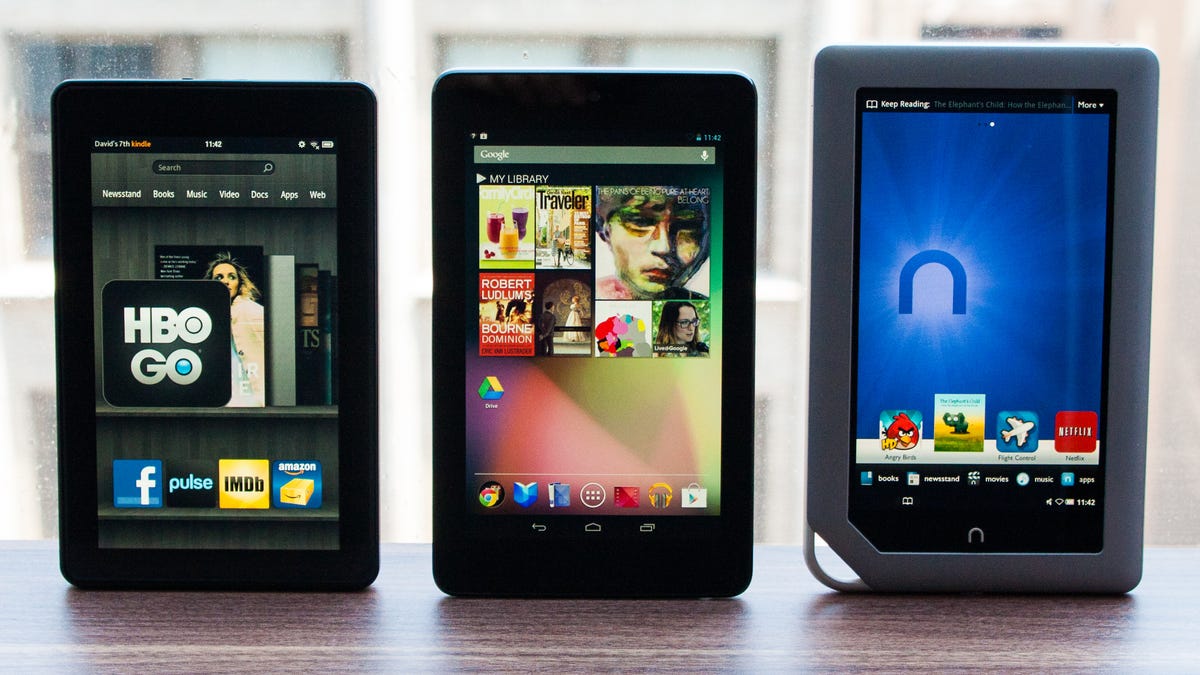Google nudges developers to build Android-optimized apps
With the holidays fast approaching, the search giant makes the case that Android tablet apps can be lucrative for developers.

One of the most familiar knocks against Android tablets: They simply don't have enough apps to be viable.
Apple CEO Tim Cook has repeatedly mocked Android tablet apps onstage. And while there are more that are tablet-optimized than there were six months ago, it's still tough to say how many more -- Google won't say. (The company instead highlights the total number of Android apps available, including those for smartphones -- it was 675,000, at last count.)
But Google is putting more effort into promoting Android as a platform for tablet apps. Today, with the holiday shopping season nearing, the company posted a "tablet app quality checklist" highlighting best practices for building for the Nexus 7, the Samsung Galaxy Tab, and their peers. It's all aimed at developers, particularly those who may have previously only developed for Android phones. ("Take advantage of extra screen area available on tablets," one of the more obvious suggestions goes.)
A checklist isn't going to build a platform, of course. But alongside the post today Google also shared what amounts to a sales pitch: "developer stories" that help Google make its case that software makers should build tablet apps.
In its post, Google makes three points:
- Bigger screens lead to more engaged users. More engaged users make money for developers, either by purchasing goods inside the app or by having their eyeballs sold to advertisers.
- It's easier to retain users on tablet apps. Game maker TinyCo. told Google that players of its games are more likely to return than users of smartphone apps. As a result, they are able to generate more revenue per user over time.
- Android tablet sales are increasing, and users are following. In a savvy move, Google highlights Instapaper -- an app that was long a darling of the iPad set, and moved to Android earlier this year when original developer Marco Arment hired Mobelux to port it.
Mobelux tells Google that of people who have downloaded Instapaper for Android, half have downloaded it for a tablet. We'd rather know how many downloads it has, of course, and how those compare to downloads for iOS. But the point to developers is clear -- popular apps like Instapaper are getting on board with Android tablets, and so should you.
Time will tell how many developers take Google up on its pitch. The iPad remains far and away the market leader in the tablet space. But Google, Amazon, and a host of others are doing their best to lure more users to Android tablets. And the more developers who take Google's advice on best practices, the easier that will be.

